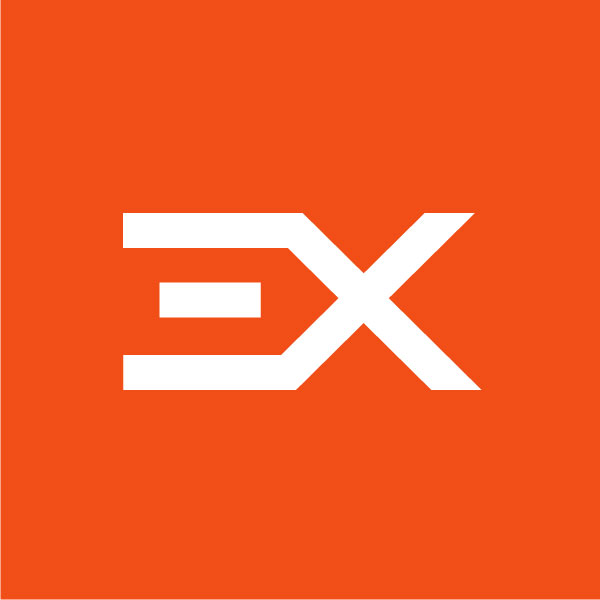EtherEx is an open-source decentralized exchange (DEX) project built on the Ethereum blockchain that aims to provide users with an intermediary-free crypto asset trading platform. With an emphasis on full decentralization, non-custodial, and transparency, the project is committed to achieving full control over assets by users.
Background and HistoryThe
EtherEx project was first proposed by developer Joris Bontje in 2014 and became one of the earliest DEX concepts in the Ethereum ecosystem. The core idea of the project is to enable peer-to-peer transactions through smart contracts, eliminating the risk of centralized exchanges. Although the development of EtherEx has made some progress in the early stage, due to factors such as technical challenges and market competition, the project has not been able to achieve full launch
,and the core functions and services
of EtherEx adopts a non-custodial model, users' funds are always kept in their own wallets, and transactions are executed through smart contracts to ensure the security and autonomy of assets.
The platform has designed an on-chain order book system, and all orders and transaction records are recorded on the Ethereum blockchain, which enhances the transparency and immutability of transactions.
EtherEx plans to support the ETH/BTC trading pair and gradually expand to other mainstream crypto assets to meet the diverse trading needs of users.
Technical Architecture &
SecurityEtherEx's technical architecture is based on Ethereum smart contracts, using Serpent to write contract logic, and the front-end uses React.js to build the user interface. The platform's transaction matching and fund settlement are fully automated by smart contracts, reducing the risk of human intervention. In addition, the open source nature of the project allows the community to participate in code audits and feature improvements, improving the security and sustainability of the system. GitHub's
Market Positioning and User
GroupsEtherEx is primarily aimed at cryptocurrency users who are looking for a decentralized trading experience, especially those who value asset control and transaction transparency. Its non-custodial and on-chain order book design attracts users who are skeptical of traditional centralized exchanges.
Neutral
EvaluationAs an early decentralized exchange project, EtherEx is groundbreaking in advancing the DeFi space. The design of its non-custodial trading and on-chain order book provided a reference for later DEX platforms. However, the project faced technical challenges and market competition in practical application, and failed to achieve full launch. Nonetheless, the philosophy and design of EtherEx have had a positive impact on the development of decentralized exchanges.
ConclusionEtherEx
is one of the pioneers in the development of decentralized exchanges, and its innovative trading model provides users with greater control over assets and transparency in transactions. Although the project was not fully launched, its exploration of technical architecture and concept provided valuable experience and inspiration for the subsequent development of DEX platforms.




